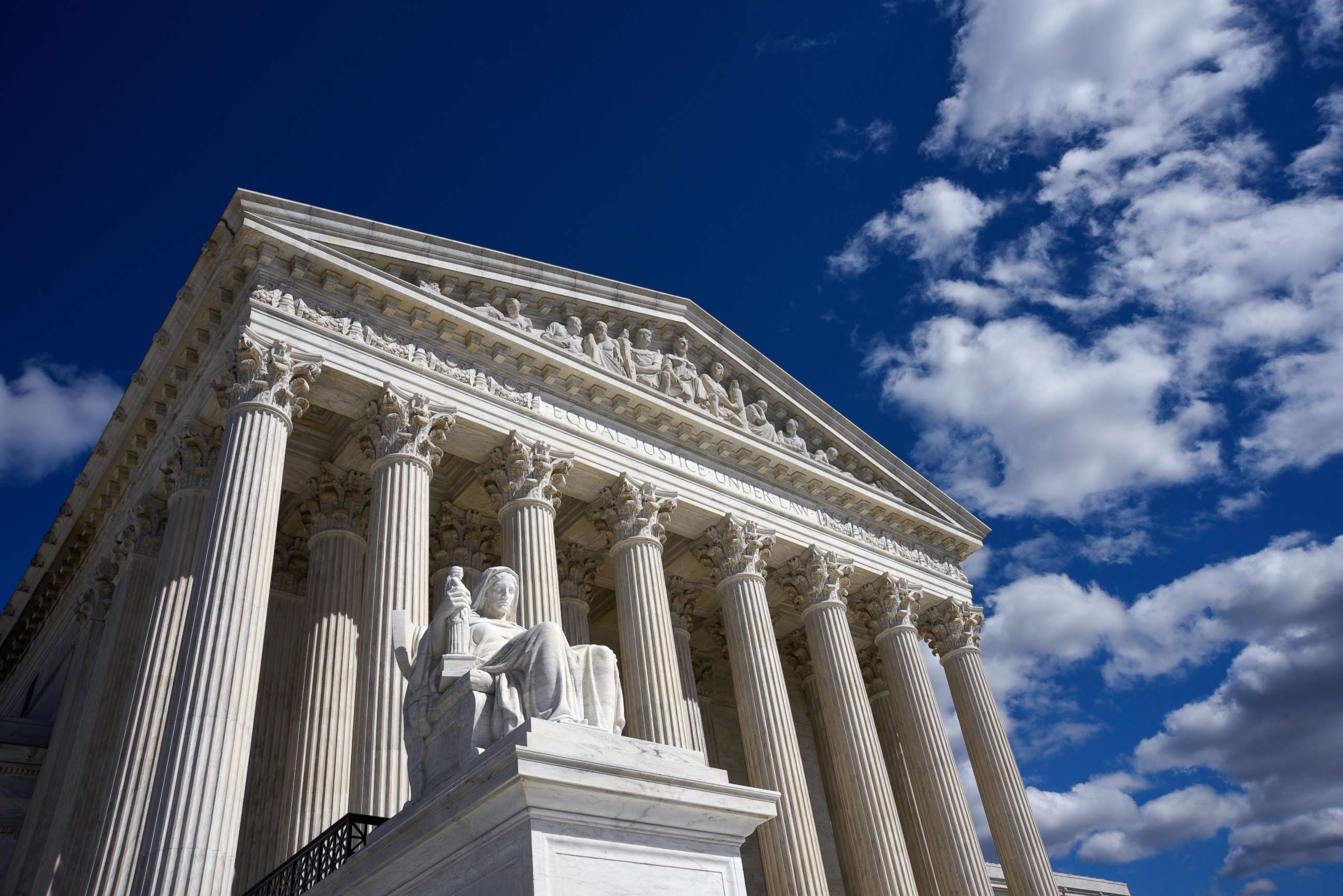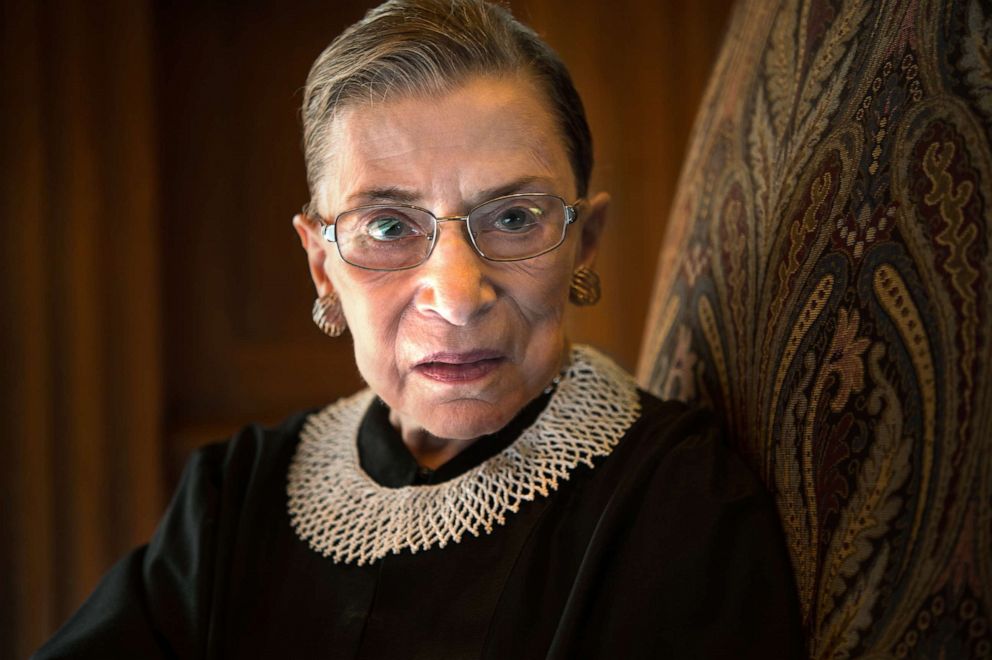In heart-wrenching case, Supreme Court examines international child custody battle
American mother of an Italian-born daughter wants court to return her to U.S.
A heart-wrenching child custody battle between an American mother, who alleges she's a victim of domestic abuse, and her Italian ex-husband played out before the U.S. Supreme Court on Wednesday.
In the middle is the couple's 4 and a half-year-old daughter -- identified in court documents by her initials "A.M.T." -- born in Italy, ferried by the mother to the U.S. at two months old, but later ordered by a court to return to Italy when the father filed a lawsuit.
The case, involving the Hague Convention of 1980, represented a rare instance of child custody issues before the nation's highest court. The family drama captivated the justices and clearly pulled at heartstrings.

The mother, Michelle Monasky, pleaded with the justices in court documents, saying the transatlantic separation is "not only deeply hurtful... but also highly detrimental to [her daughter's] development."
The father, Domenico Taglieri, who won parental rights in an Italian court after Monasky fled with their baby to the U.S., says the international treaty dictates that his child's "habitual residence" shall be Italy.
The Supreme Court will now decide whether it agrees with Taglieri, or whether A.M.T. should be returned to her mother in the U.S. The court could also establish a clear standard for determining an infant's "habitual residence" and how lower court's should apply it going forward.
During oral arguments, however, the justices seemed very wary of getting deeply involved.

"We're talking about an international convention, but none of the other parties have adopted your position," a skeptical Chief Justice John Roberts told Monasky's attorney, who argues his client's intent to live in the U.S. should be overriding.
"Why should it be here instead of there?" Justice Sonia Sotomayor said, sharing her skepticism. "Why is it an American court rather than Italian court dealing with this custody issue?"
Justice Stephen Breyer outright opposed "laying down black letter rules" to govern custody battles.
"This is family law. Families differ," Breyer quipped. "How do we know what's in the best interest of a child? Federal judges don't know much about this."
The Trump administration also participated in the argument opposing "rigid per se tests" to establishing a child's habitual residency for purposes of custody.
Habitual residency "is a meaningless concept when you're talking about someone eight weeks old," Roberts said. "They don't even have habits... well, except one or two."
The court room erupted into laughter.

Monasky did receive some sympathy from Justice Ruth Bader Ginsburg, who noted that some accommodation might be necessary in difficult international cases of a mother fleeing violence.
"This is a troublesome case because she alleged she was abused," Ginsburg told attorney Andrew Pincus, representing the father, Taglieri. "So you're saying if she wants to escape domestic violence, she has to leave her child behind?"
Pincus told the court, in an apparent attempt to show some deference to court sympathy for Monasky, that an Italian court is preparing to revisit the parental custody rights of A.M.T. in the future. He said that both parents currently have rights to see the child.
The Supreme Court will issue it's decision by the end of June.